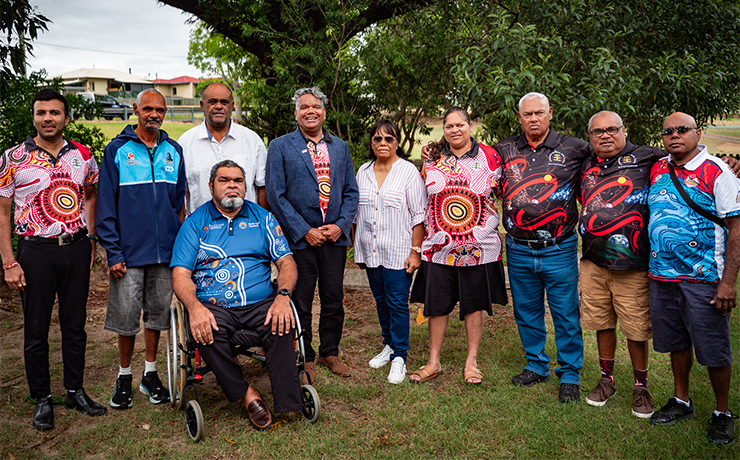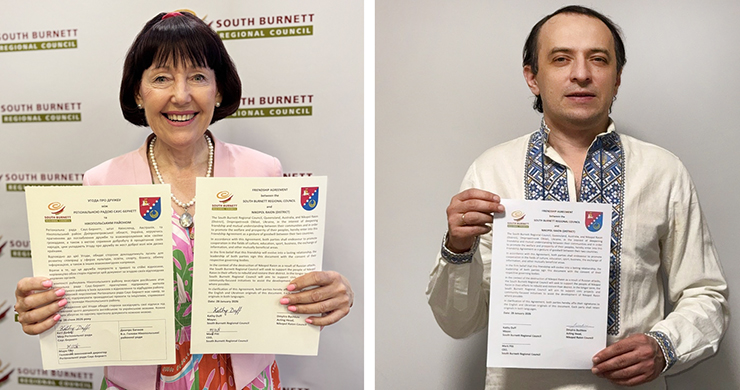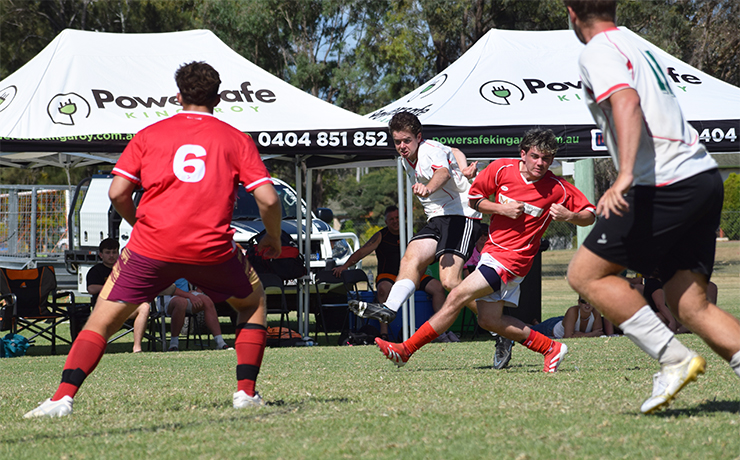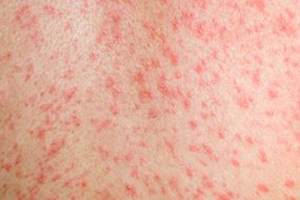
June 19, 2020
Darling Downs Health has confirmed there has been a spike in cases of Ross River virus reported in the region during the first six months of this year.
Public Health Director Dr Penny Hutchinson said the average number of cases from January to June (2015-19) across the Darling Downs Hospital and Health Region was 89.
So far this year there have been 265 confirmed cases of Ross River virus in the Darling Downs Health region, which includes the South Burnett.
“This is an increase from previous years,” Dr Hutchinson said.
“Ross River virus is a disease which is spread by the bite of an infected mosquito and causes inflammation and pain in multiple joints.
“Symptoms may include fever with joint pain and swelling which may then be followed in one to 10 days by a raised red rash affecting mainly the upper body and limbs.
“The rash usually lasts for one to 10 days and may be accompanied by a fever.
“The joint pain can be severe and usually lasts two to six weeks.
“Some people, especially children, may become infected without showing any symptoms.
“Most people become unwell within three to 11 days after being bitten by an infectious mosquito.
“As there is no specific medication available cure Ross River virus, treatment involves managing the symptoms that develop.
“Your doctor will advise you on how to treat your joint and muscle pains, and plenty of rest and gentle exercise is important to keep joints moving and to prevent overtiredness.
“Everyone who gets Ross River virus will recover, but the time taken to recover fully is longer in some people.”
Dr Hutchinson said the best way to avoid getting Ross River virus was to avoid being bitten by mosquitoes:
- Avoid being outside during times of heavy infestation of mosquitoes, eg. early evenings in the warmer months
- Use insect repellents and wear protective, light-coloured clothing
- Screen living and sleeping areas
- Check your home regularly for potential mosquito breeding areas, eg. any uncovered water containers should be emptied regularly.























